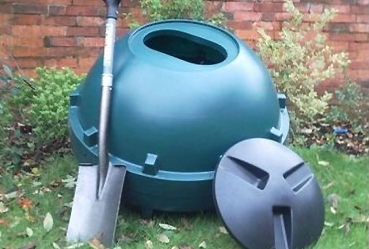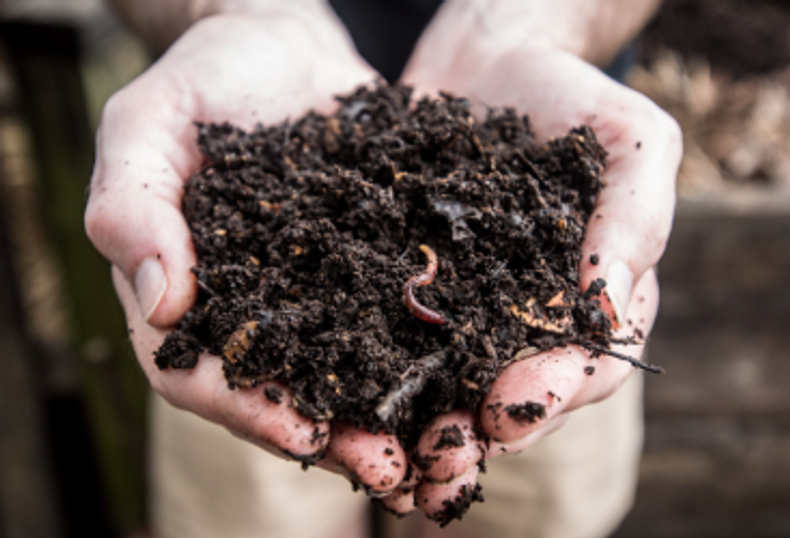How to Start Composting: A Quick Starter Guide
Find the right spot.
You could simply create a pile - preferably on soil, but if you have to do it on concrete / patio, make sure you add soil to the compost.
Using a compost bin will produce compost much quicker, and reduce the odours that attract vermin. A good compost bin will allow for drainage and allow air to get in. The bin should retain heat and keep rain out.
What to put in it
Make sure you have a good mixture of stuff in your composter - a good balance is 25-50% of ‘greens’ and the rest of ‘browns’.
‘Greens’ include vegetables, fruits, tea leaves & coffee grounds. Chop your food waste in to smaller pieces before adding them to help things along.
‘Browns’ include grass cuttings, small branches and twigs, hedge clippings, dry leaves, paper, cardboard (egg boxes break down easily).
If your compost seems too dry, then add more greens - if it’s too wet, add some browns.
What Not To Put In It
Unless you are an experienced composter, or have a suitable compost bin, don’t add cooked food, meat, fish and dairy. This is mainly because it will make your compost pile smelly, which in turn will attract rats. Onions and citrus fruits are too acidic for your compost and can actually kill worms. Teabags and coffee bags often contain plastic, so empty the contents in the compost instead of putting the whole bag in. Shiny paper or cardboard may contains plastic or toxins that you don’t want in your compost. Avoid nappies, too, even the biodegradable ones. Animal manure is a great thing to add unless its cat or dog poo (which can contain harmful parasites). Chicken, horse, rabbit or cow poo, however, is a good addition.
Want to compost cooked food, meat, dairy, fish? Try Bokashi composting.
How to Maintain It
You’ll need to turn your compost over every now and then (at least once a month) to encourage air to get in and to make sure it isn’t too wet or too dry. It will most likely be ready to use after 6 months to 2 years (don’t want to wait that long? Try hot composting). You’ll know it’s ready when it’s dark brown and resembles soil.
Composting is easier if you have a garden but it is possible to make compost when you live in an apartment, with indoor composting.
You might also be interested in our other article 6 Reasons To Compost.

We've got a range of water butts to suit all tastes - shop here.
